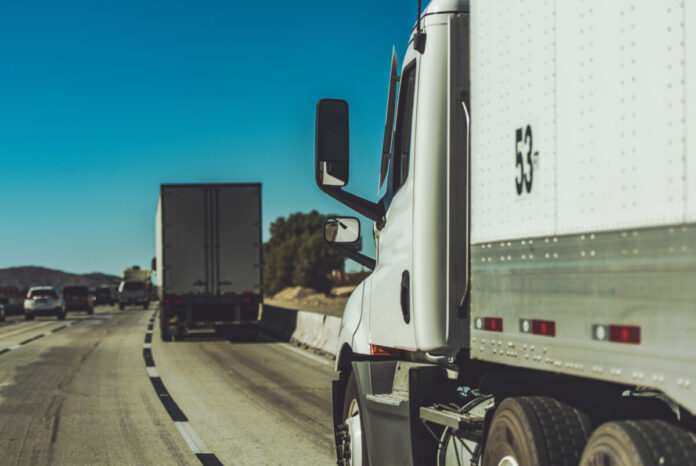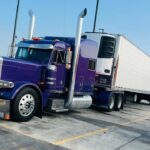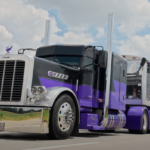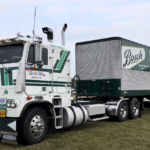The California Air Resources Board (CARB) has given the green light to significant changes that will require trucking fleets to switch from diesel-powered trucks to electric vehicles. This move is set to bring about a sweeping transformation in the trucking industry, as companies will have to adapt to the new regulations and find ways to make the transition to electric vehicles. This decision is part of California’s efforts to reduce emissions and promote a more sustainable future.
CARB made a significant decision on April 28 by passing the “Advanced Clean Fleets” rule. Under this rule, medium and heavy-duty diesel trucks will no longer be allowed to be sold in California after 2036. Moreover, the rule mandates that all trucks operating in California must be zero-emission by 2042, which is a crucial step towards reducing emissions and promoting a more sustainable future. This decision signals California’s commitment to implementing environmentally friendly policies and paving the way for other states to follow suit.
According to officials, the shift from “dirty” diesel trucks to electric vehicles will bring about significant benefits. The transition is expected to result in health savings of around $26.6 billion due to the reduction of harmful emissions. Additionally, fleet owners are projected to save approximately $48 billion from the switch to electric vehicles. These savings are a result of lower fuel and maintenance costs, as well as the availability of incentives and grants to support the transition. Overall, this move towards cleaner transportation is not only beneficial for the environment but also for the economy and public health.
“The future happens here first, and California is once again showing the world what real climate action looks like. Last year, our state approved one of the world’s first regulations requiring all new car sales to be zero emissions. Now, with these actions requiring all new heavy-duty truck sales to be zero emission and tackling train pollution in our state, we’re one step closer to achieving healthier neighborhoods and cleaner air for all Californians,” said California Governor Gavin Newsom.
Governor Newsom has acknowledged that the “Advanced Clean Fleets” rule, which prohibits the sale of medium and heavy-duty diesel trucks by 2036 and mandates zero-emission trucks by 2042, will work hand-in-hand with the Advanced Clean Trucks rule recently approved by the Biden administration. The federal rule requires truck manufacturers to expedite the sale of electric-powered vehicles. The coordinated efforts of the California state government and the federal government aim to reduce greenhouse gas emissions and promote a cleaner future for all. The implementation of these policies will contribute to the development of sustainable transportation solutions and promote innovation in the industry.
The American Trucking Associations (ATA) issued a sharp response to the news of CARB’s approval of the Advanced Clean Fleets rule, arguing that it is “unrealistic” and “unachievable.”
From ATA President and CEO Chris Spear:
“Today, an unelected Board in California voted to force trucking companies to buy zero-emission trucks. Fleets are just beginning to understand what it takes to successfully operate these trucks, but what they have learned so far is they are significantly more expensive, charging and refueling infrastructure is nonexistent, and ZEVs are not necessarily a one-for-one replacement—meaning more trucks will be needed on California roads to move the same amount of freight.
California is setting unrealistic targets and unachievable timelines that will undoubtedly lead to higher prices for the goods and services delivered to the state and fewer options for consumers. As it becomes clear that California’s rhetoric is not being matched by technology, we hope the Board will reverse course and allow trucking companies the freedom to choose the clean technologies that work best for their operations.
ATA-member companies work tirelessly to deliver the nation’s freight while deploying the cleanest technologies available. Over the past 35 years, those efforts have produced a 98% reduction in truck emissions. We continue to say ‘Yes’ to advancing cleaner technologies, but achievable targets and realistic timelines matter.”





